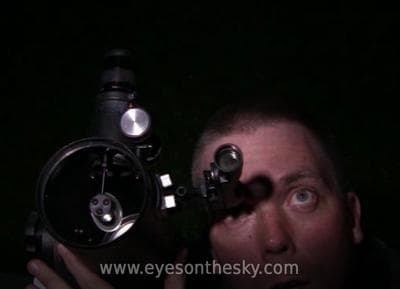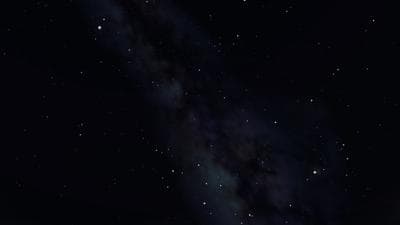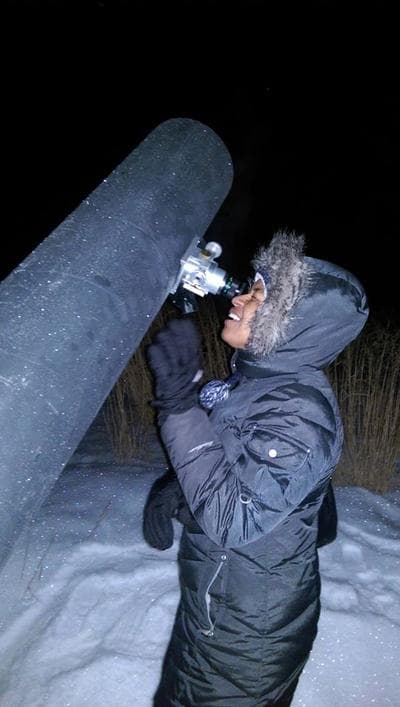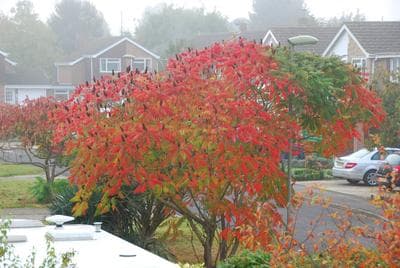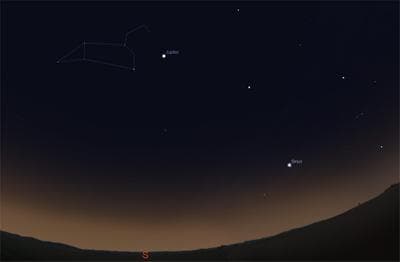
Eyes on the Sky
with David Fuller
with David Fuller
Astronomy Articles from 2015
Having trouble locating objects with your new telescope?
David Fuller — 2015-12-30Telescopes seem like they are easy to use - just point it generally where you think the object is you want to see, and it should be visible in the eyepiece, right? I mean, that's what we do with our phones and cameras - just point it, and "Boom!" - there it is!! So why isn't a telescope so simple? There's a few things that beginners may not realize they're doing. Here's how to find things more easily with a telescope your first time out.Space is big. Really big.
David Fuller — 2015-09-03When I see someone struggling with a question, I will do my best to respond to it in a way that I'd like to see it answered - that is, give me something I can relate to in the response. It's the only way I'll grasp the concept fully. So here was my answer to a question posed on Reddit about how the stars don't seem to move relative to each other.Tips for astronomy observing in cold weather
David Fuller — 2015-02-22Astronomy observing comes with challenges that don't affect people the same way as if they were outdoors during the day. Dew occurs. The air is colder. There's no Sun to keep you warm. How to manage these issues, and more, that come with observing at night? Here's some tips.Why light at night should be more of a conservation issue
David Fuller — 2015-02-08If we really want to "Leave no trace" shouldn't we be using less light - or at least, a lot less of the light that affects animals when we are out in THEIR home, the Great Outdoors? If we really call ourselves conservationists, why are we putting a creature-comfort of lighting into a tent, where we should be trying to sleep at night, of which that light is known to suppress melatonin and harm our ability to sleep well?Animation of the Jupiter triple moon transit
David Fuller — 2015-01-22Lasting a mere 25 minutes - really a few minutes less than that by the time each Moon is fully into view or before it leaves view - there is not a lot of time to see it. But, there will be plenty of time to view and share this event.
